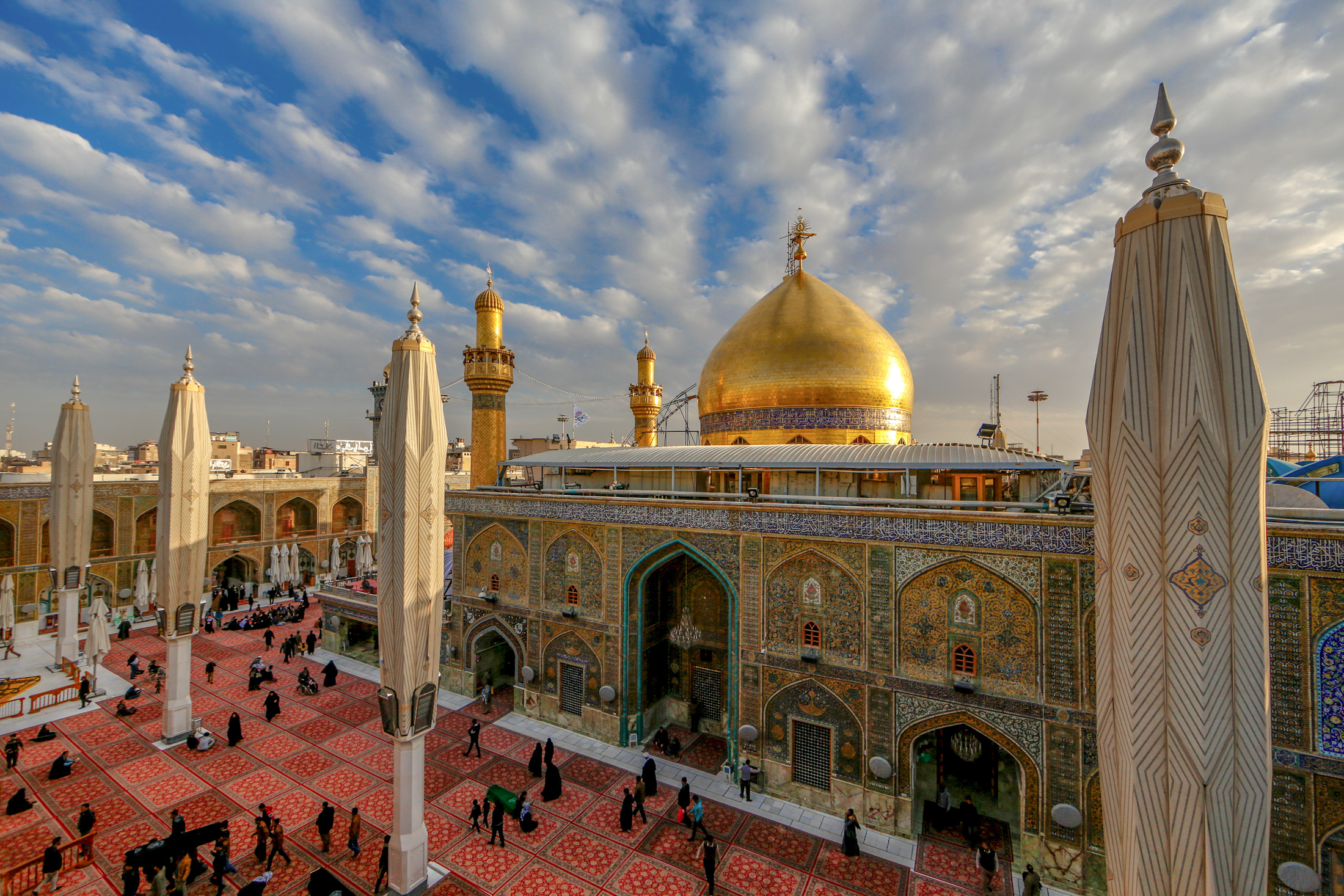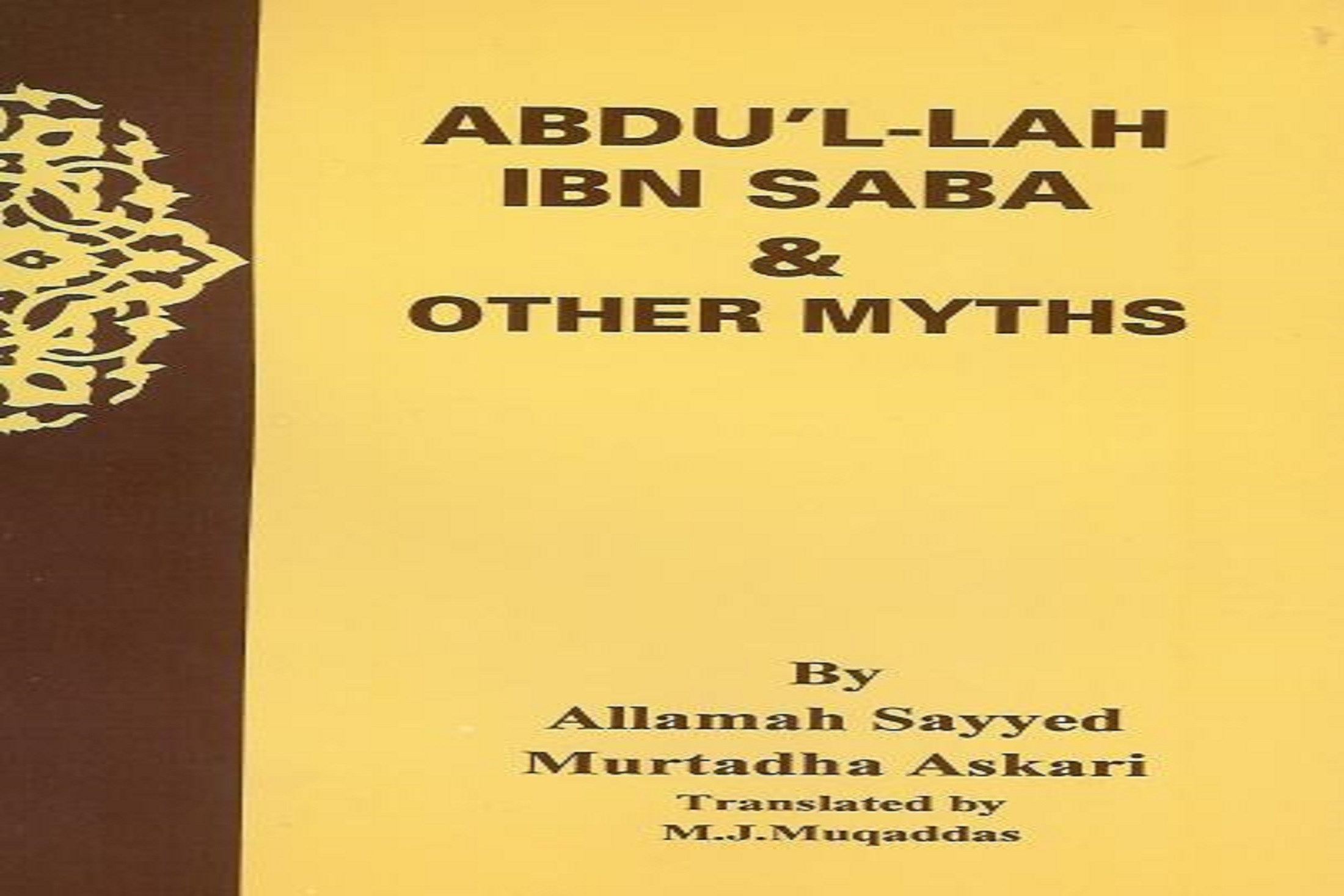Ali: The Pinnacle of Virtues Part I
At first, chronicling Imam Ali ibn Abi Talib’s (a.s.) excellence and merits seems like an achievable task. In reality, this is an ocean so vast and deep that it is impossible to define its depths. Indeed, to describe Imam Ali ibn Abi Talib’s (a.s.) amazing merits is beyond any mortal. The more one tries to enumerate them, the more one struggles in this mountainous endeavor.
When Khalil bin Ahmad was asked about Imam Ali ibn Abi Talib’s (a.s.) virtues, he responded, “How can I describe the merits of the one whose merits were concealed by his enemies out of envy and by his friends for fear of their lives. Despite this, the east and the west bear testimony to his virtues.”[Rawzatul Muttaqeen, vol. 13, p. 265]
What is conveyed in this article provides a very brief insight into Imam Ali’s (a.s.) character. We have sourced all traditions from the books of the Ahle Sunnah because that praise is most sincere which emanates from the rivals.
Only Allah and His Prophet (s.a.w.a.) know Ali (a.s.)
How can one not be perplexed about the personality whose very mortality is debated?
Some considered him to be God and worthy of worship, while at another extreme, some wondered whether he was as pious and God-fearing as projected. The latter were shocked to learn that Imam Ali (a.s.) was martyred in Masjid-e-Kufa while engaged in prayers. They exclaimed, “Did Ali ever offer prayers at all?”
Indeed only Allah and His Holy Prophet (s.a.w.a.) can claim to truly know Imam Ali (a.s.). The Holy Prophet (s.a.w.a.) informed Imam Ali (a.s.): “O Ali, none other than me and you have truly recognized Allah and none has truly recognized you other than Allah and me.” [Manaqeb Shahr Ibn Aashob, vol. 3, p. 268]
In another instance, he (s.a.w.a.) says: “O Ali, none has recognized Allah, the Almighty except me and you, and none has recognized me except Allah and you, and none has recognized you except Allah and I.” [Rawzah al-Muttaqeen, Muhammad Taqi Majlisi, vol. 13, p. 273]
Countless Virtues
Holy Prophet (s.a.w.a.) with his true recognition of Imam Ali ibn Abi Talib (a.s.) said: “Ali’s merits cannot be counted.”
Ibne Abbas narrates from the Holy Prophet (s.a.w.a.):
“If all the trees and gardens turn into pens and the oceans into ink and the jinn into accountants and men into scribes, they will be unable to enumerate the merits of Ali ibn AbiTalib (a.s.).”
In yet another instance, the Holy Prophet (s.a.w.a.) revealed: “Allah has granted innumerable merits to my brother Ali. If someone confesses to even one of these merits and narrates it (accordingly), Allah will forgive all his sins of the past and the future.” “If someone writes even one of Imam Ali’s (a.s.) merits, the angels will seek forgiveness on his behalf till the time his writing remains. And if someone listens to even one of his merits, Allah will erase all the sins that he has committed with his ears. And if someone glances at even one of his merits, Allah will erase all the sins that he has committed with his eyes.” [Behaarul Anwaar, vol. 28, p. 197; vol. 35, p. 8-9]
Ali (a.s.) – Confluence of excellence
Not only does Imam Ali’s (a.s.) persona embody every virtue associated with the people of the world, he also possesses the merits of prophets, especially the select band of the Ulul Azm Apostles (a.s.). It is not surprising therefore that none except the Holy Prophet (s.a.w.a.) have surpassed him in virtue. The illustrious Sunni scholar, Baihaaqi, in his compilation has recorded the prophetic tradition:
“One who wants to see Adam’s knowledge, Nuh’s piety, Ibrahim’s forbearance, and Moosa’s worship, then let him look at Ali ibn Abi Talib (a.s.).”[Amaali-e-Shaikh Toosi (r.a.), p. 416, Majlis 14]
This tradition appears twice in Manaqib as follows:
“One who wants to see Adam’s knowledge, Nuh’s intelligence, Yahya bin Zakariyya’s abstinence, and Moosa bin Imran’s power, then let him look at Ali ibn Abi Talib (a.s.).”[Al-Manaqeb, p. 83, Trad. 70; p. 311, Trad. 309 2]
Imam Ali (a.s.) and the Holy Prophet (s.a.w.a.)
To admire perfection and the one who embodies it is part of human nature. That is why the Holy Prophet (s.a.w.a.), the beloved of Allah, is loved by all. On the same lines, Imam Ali (a.s.) is also the beloved of Allah because in the Verse of Malediction (Ayate Mubaahila) he is declared as the ‘self’ of the Holy Prophet (s.a.w.a.). As we know, man loves his ‘self’.
The Holy Prophet (s.a.w.a.) in several traditions has underlined the relation between Imam Ali (a.s.) and himself:
“One who loves Ali, then certainly he has loved me.”
“One who loves you (Imam Ali (a.s.)) loves me and one who hates you hates me.”
A person asked the Holy Prophet (s.a.w.a.):“O Prophet of Allah, do you love Ali?” He (s.a.w.a.) replied,“Don’t you know that Ali is from me and I am from him.”
The Holy Prophet’s (s.a.w.a.) love for Imam Ali (a.s.) is obvious; doesn’t everyone love his own self?
There is a tradition recorded in Manaaqib along with a chain of narrators:
“Allah, the Almighty, has ordered me to love four of my companions and has informed me that He loves them.” The companions said, “O Prophet of Allah!Who are they? Even we would like to be included amongst them.” The Prophet of Allah said, “Ali is one of them.” Then he fell silent. He repeated, “Ali is one of them.” Then he fell silent.
Ayesha narrates: When the Holy Prophet (s.a.w.a.) in the final moments of his life he requested from his companions, “Bring me my beloved.” I (Ayesha) set out to look for Abu Bakr in response to the Prophet’s request. Seeing Abu Bakr, the Holy Prophet (s.a.w.a.) turned his face away from him. For the second time, he said, “Bring me by beloved.” Then Hafsa brought Omar and the Prophet turned his face away from him the same way he turned his face from Abu Bakr. I said that the Holy Prophet (s.a.w.a.) is referring only to Ali and nobody else. The people summoned Imam Ali (a.s.). When the Holy Prophet (s.a.w.a.) saw Imam Ali (a.s.) he embraced him and whispered a thousand traditions in his ear. From each tradition, another thousand traditions were elaborated for Imam Ali (a.s.).
Ibne Abbas narrates that the Holy Prophet (s.a.w.a.) said: “Ali is to me as my head is to my body.”
It is clear that the Holy Prophet’s (s.a.w.a.) love for Imam Ali (a.s.) had nothing to do with family relations; rather it was based on the latter’s excellence and merits. Mentioned below are some of these virtues:
Imam Ali’s (a.s.) knowledge
Imam Ali (a.s.) did not acquire his knowledge from any mortal; rather his knowledge was a divine bestowal. Hence his knowledge is deemed superior to his peers. Not surprisingly, in the books of the Ahle Sunnah, he is remembered as the ‘most learned of men’. Some traditions have been quoted in this regard:
The Holy Prophet (s.a.w.a.) said: “The most knowledgeable one in my nation after me is Ali ibn Abi Talib (a.s.).”
Abdullah ibn Masood narrates from the Holy Prophet (s.a.w.a.):
“Wisdom has been distributed (among the people) in ten parts. Of this, Ali has been granted nine parts and the rest of the people have been granted only one part.”
All the progress in this world can be attributed to the part of wisdom granted to the people. Imam Ali’s (a.s.) wisdom is nine times the wisdom of the people. This is because the source of his wisdom is the Holy Prophet (s.a.w.a.), who informed the people: “I am the city of knowledge and Ali is its gate. Then one who wants to acquire knowledge must enter through its gate.”
Ayesha narrates regarding Imam Ali (a.s.): “He is the most knowledgeable of the people with regards to the Sunnah.”
How we wish that Ayesha herself had acted on this tradition. If she had done so, the Battle of Jamal could have been averted, sparing the lives of many innocent Muslims.
When the Holy Prophet (s.a.w.a.) married his beloved daughter Janabe Fatemah Zahra (s.a.) to Imam Ali (a.s.), he declared:
“(O Fatemah), I have married you to the best one from my family. He is the most knowledgeable of them in knowledge and the most superior among them in virtue and the foremost among them in Islam.”
Imam Ali’s (a.s.) worship
Imam Ali’s (a.s.) legendary worship ranks in the same league as his knowledge, which as we have seen, was without parallel (excluding the Holy Prophet (s.a.w.a.)). His prayers, his whispered supplications and wailings in the middle of the night out of Allah’s fear, and his prolonged glorifications were such that Allah, Himself, boasted to His angels about his worship.
The Holy Prophet (s.a.w.a.) narrates: One morning, Jibraeel-e-Ameen brought some glad tidings. I asked him,“O my friend, what makes you so happy?” He replied, “O Muhammad why shouldn’t I be happy. Today, Allah, the Almighty has granted your brother and your vicegerent with an honour that has pleased me.” I asked him, “What has Allah granted my brother and the Imam of my nation?” He said, “Last night Allah boasted about Ali’s worship to the angels. He told the angels, ‘O my angels, My Proof on the nation after the Prophet is subjecting himself humbly to My Greatness. I bear witness to you that he is the Imam of My Creation and the Guardian of My Creatures.’”
Incidents of Imam Ali’s (a.s.) amazing acts of worship are worthy of a detailed account that can fill a voluminous compilation. By way of illustration, we relate one tradition:
Ziraar b. Zamrah recounts Imam Ali’s (a.s.) virtues to Muawiyah: “I take Allah as a witness that I have seen Ali several times in the darkness of the night, standing in the niche (of the mosque), clutching his beard, trembling violently as if bitten by a snake, and wailing uncontrollably like a bereaved person. His cries are ringing in my ears even now: ‘Alas, the journey is lengthy, but the provisions are few. The paths are terrifying and the destination is lofty.’” Hearing this, Muawiyah was moved to tears. He wiped his tears with his sleeves. Even the audience wept on hearing the account. Muawiyah confessed, “Truly Abul Hasan was as you say.”
Continued in part II



